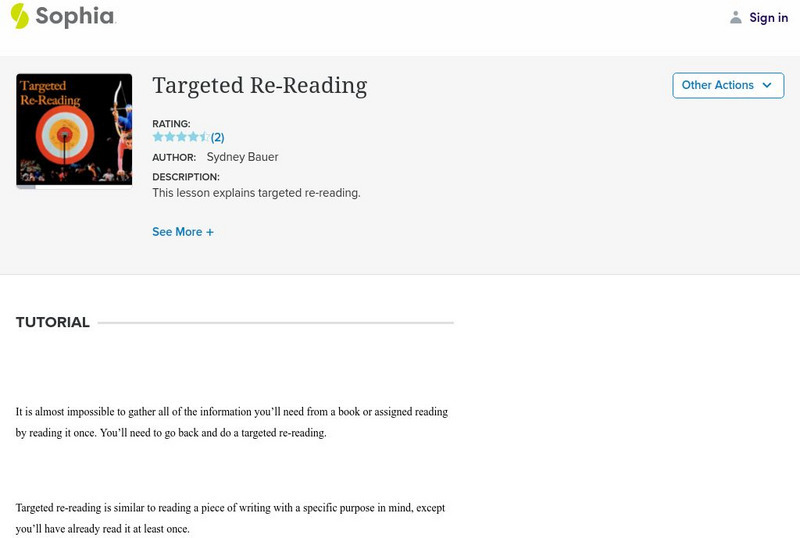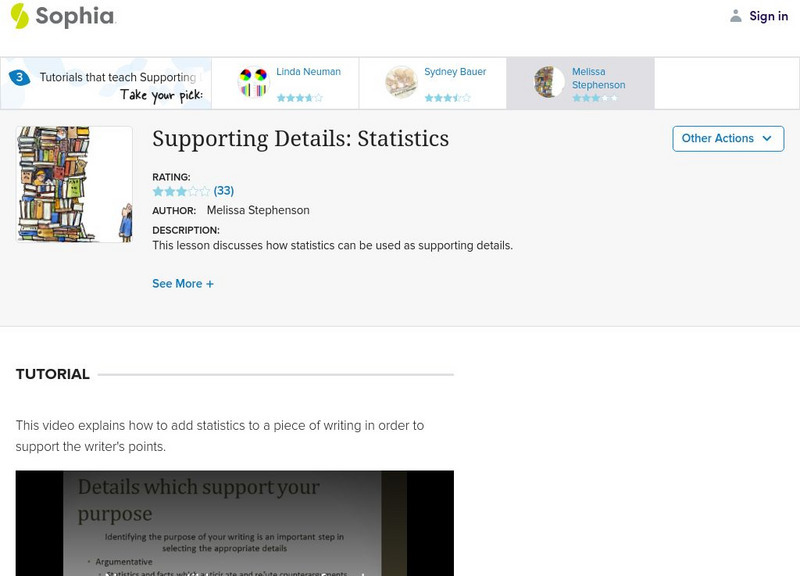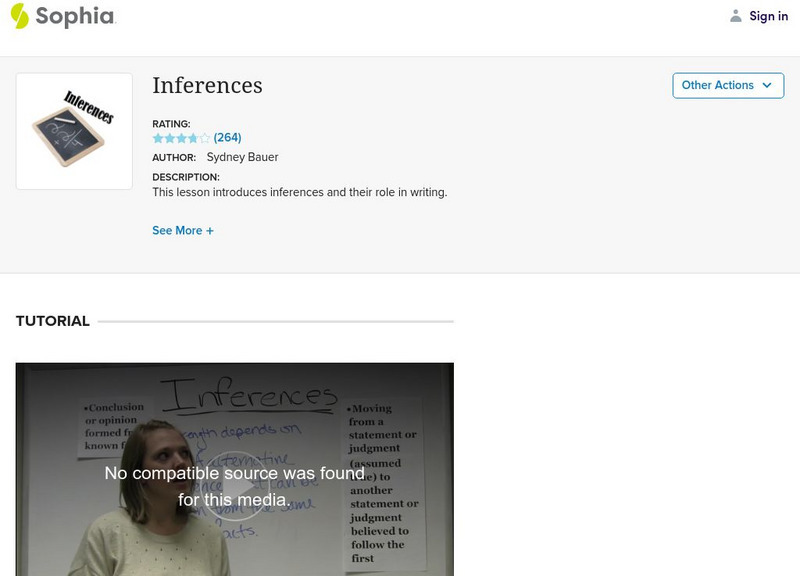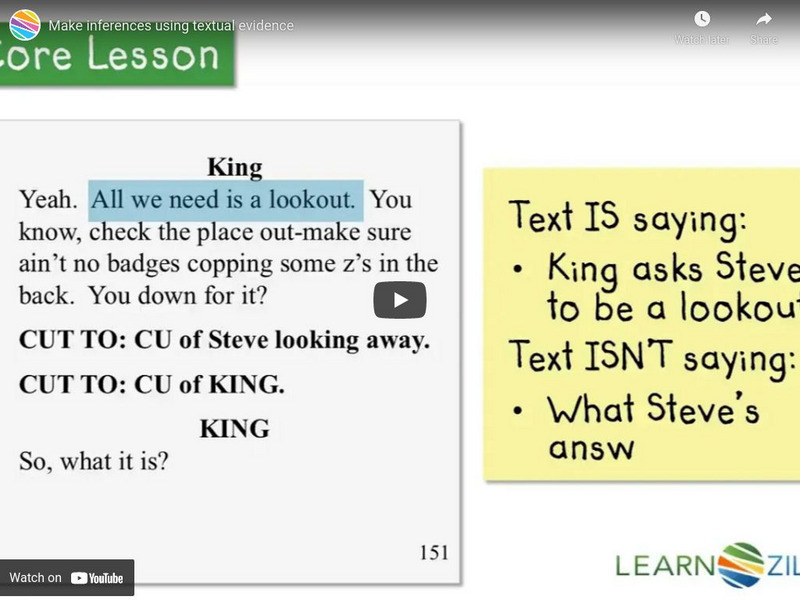Hi, what do you want to do?
PBS
Ready Player One
Ready Player One has been praised as a novel that captures the vitality, the allure, and the essence of the virtual reality experience. Speakers in a short video share their rationale for why Ernest Clines' dystopian novel should be...
PBS
Character Study: Scout Finch
Scout Finch, the rough-and-tumble protagonist of Harper Lee's iconic To Kill a Mockingbird, learns quite a bit about how the world works as she observes her father's defense of Tom Robinson. Learn more about Scout and her distinctive...
VOA Learning English
Paul Bunyan, an American Folk Tale
Paul Bunyan was a big guy—but not as big as his story has grown to be! Young readers listen and read along to the enjoyable story of Paul Bunyan, his big blue ox Babe, and the amazing imprint they left along the American landscape.
TED-Ed
The Irish Myth of the Giant's Causeway
When an Irish giant and a Scottish giant face off in a mythical duel, it is a cunning woman who determines the outcome with her clever tricks. Introduce viewers to geomythology—myths that explain the occurrence of natural features—with...
Lit2Go
The Wolf and the Kid
What is true bravery and how do people demonstrate it? Part of an extensive series of audiobooks, Aesop's 81-word fable "The Wolf and the Kid" tells the story of a boy that bravely attacks an enemy wolf from afar. Paired with a graphic...
Lit2Go
The Lion and the Statue
How does one's perception affect their representation of places and events? Readers investigate this question by listening to Aesop's "The Lion and the Statue" and completing a graphic organizer to analyze characters and their motivations.
Lit2Go
The Farmer and the Snake
Slither into a stimulating lesson with Aesop's "The Farmer and the Snake." Class members explore the relationship between gratitude and generosity with the fable and practice making predictions with an accompanying reading activity.
TED-Ed
How Did Clouds Get Their Names?
Have you ever wondered how clouds float in the sky, or why they seem to change so much in just a few minutes. Watch a short video about the way clouds are identified and named, and how they are affected by the Earth's conditions.
Sophia Learning
Sophia: Targeted Re Reading
This lesson defines and explains how to do targeted re-reading and provides two literary examples. It offers this information in both text and audio formats.
eSpark Learning
E Spark Learning: Textual Evidence Instructional Video (7.R1.1)
This video shows an example of how to draw conclusions from an informative text and back it up with evidence from the text. [6:02]
Sophia Learning
Sophia: Supporting Details: Statistics
A lesson with audio discussing how analogies can be used as supporting details. [4:00]
Sophia Learning
Sophia: Inferences
This video lesson focuses on inferences including the definition, how to determine the strength of an inference, and the role of inferences in writing. [5:47] RL.9-10.1, RL. 11-12, RI.9-10.1, RI.11-12.1 textual evidence and inferences
Imagine Learning Classroom
Learn Zillion: Lesson Video for 'Make Inferences Using Textual Evidence'
In this lesson, you will learn how to make inferences by reading between the lines. [3:31]
Other
Cult of Pedagogy (You Tube): Teaching Text Structures for Non Fiction Reading
This video from Jennifer Gonzalez's Cult of Pedagogy provides step-by-step instructions for guiding students to understand how to determine text structures.
Imagine Learning Classroom
Learn Zillion: Gather Evidence and Cite Sources
In this lesson, you will learn how to collect evidence that supports your thesis by using a variety of properly cited resources. [4:52]
Curated Video
You Tube: Making Inferences
Catchy song by Jake Scott that explains how to infer and use textual evidence to support your conclusions. [2:36]




















